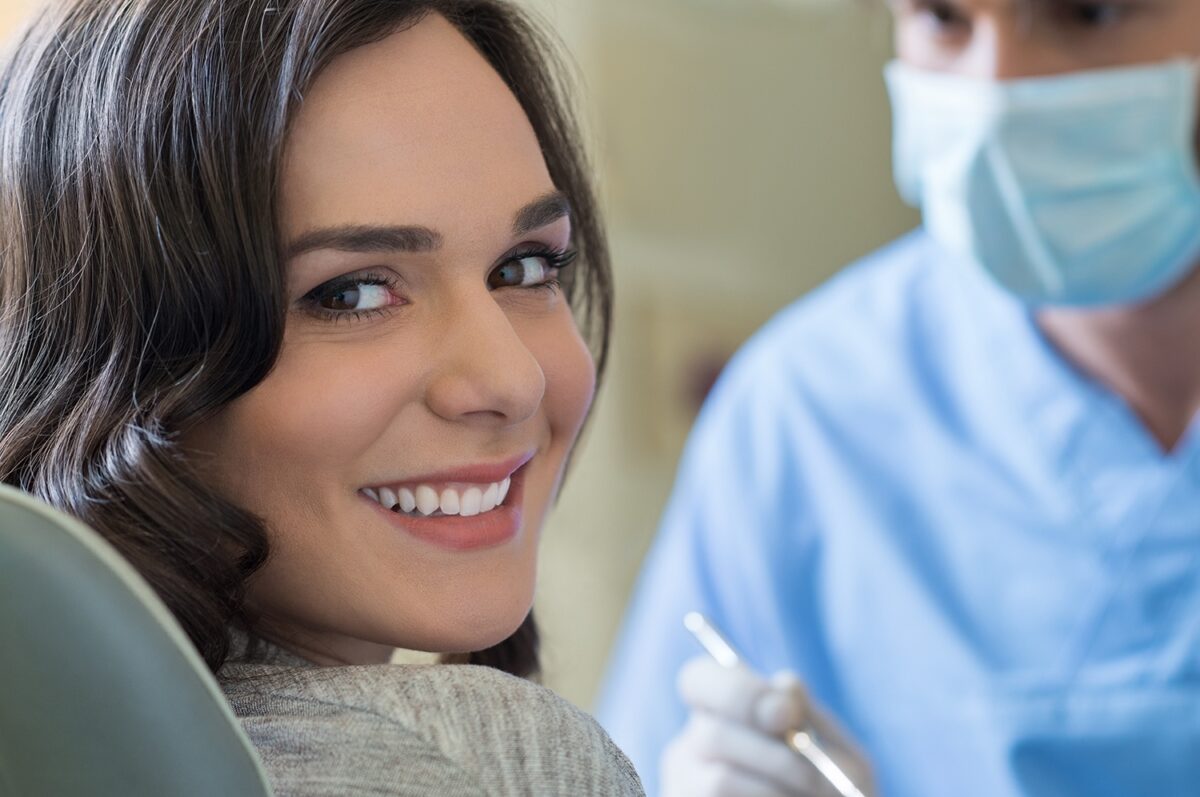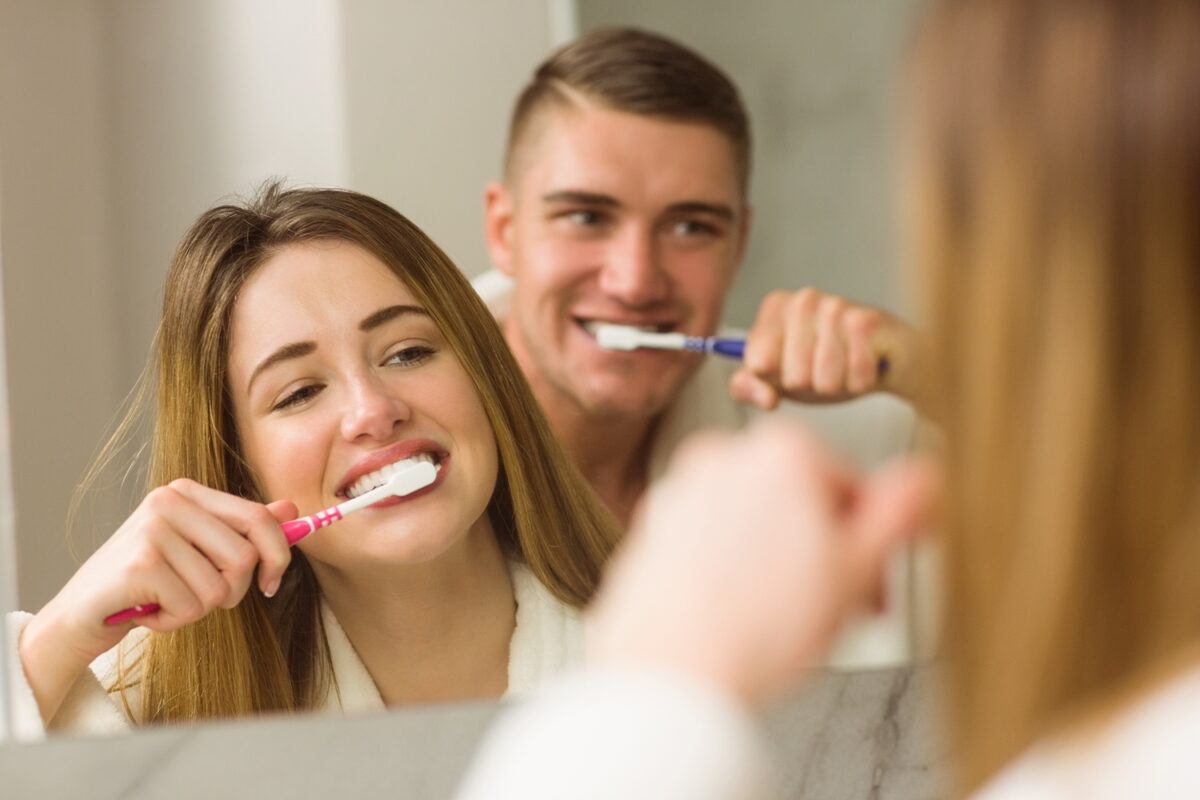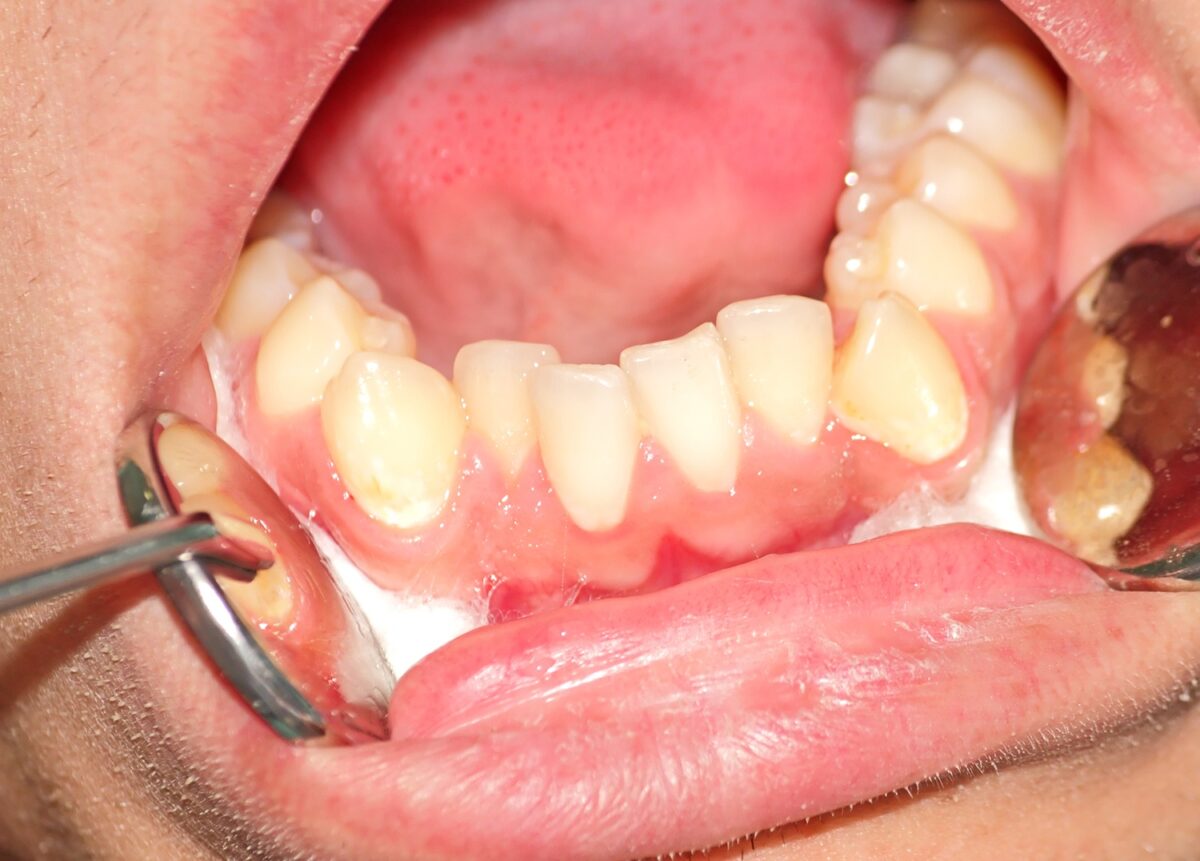I think it’s high time! We all are in the 21st Century, yet go after such dental health beliefs that have no basis in Science. Well, in this article, I will be talking about those dental health myths that should have no room in the present era where things have advanced to a certain extent.
Removing wisdom teeth affects the brain
Wisdom teeth are the third and last molars present on each side of both jaws. They erupt between the age of 18-26 years. They appear much later than other teeth at an age where people are wiser, therefore, they are called wisdom teeth. However, removal of wisdom teeth does not have any effect on the brain, it’s a myth that you need to get over with.
The harsh you brush, the cleaner your teeth gets
Vigorous brushing won’t make your teeth cleaner but it definitely can cause abrasion. Abrasion is defined as a process that affects the hard tooth surface. It can lead to severe sensitivity. So, the brushing technique is what actually matters while brushing your toothpaste, not the strength.
You should not brush your teeth if your gums bleed
Bleeding gums is a sign of gum inflammation, which is technically known as gingivitis. It is caused due to the deposition of plaque in the gums surrounding the tooth. Brushing after dental scaling is recommended in gingivitis or else it might lead to periodontitis.
Flossing is not important if you brush twice a day
Regular flossing with brushing prevents the accumulation of plaque on your teeth. On the other side, Flossing removes food particles that gets stuck between the teeth and potentially lead to cavities.
Wearing braces is painful
Braces are placed on the top surface of the teeth using the material called Composite. This procedure is completely painless and does not require anesthesia unless there is a need for extraction.
Removing teeth from the upper jaw hampers your eyesight
This is one of the biggest dental myth people have been relying on. The nerves linked with the eyes are optic nerve, oculomotor nerve and abducent nerve whereas the ones related with the upper jaw are posterior superior alveolar nerve, the greater palatine nerve and nasopalatine nerve. Both of them do not owe a connection to each other.
Infants do not require oral care since they do not have teeth
An infant’s oral care is as important as that of an adult. Cleaning of an infant’s mouth with a wet piece of cloth is important, especially after breastfeeding. This is done to make sure that there is no residual milk left.
Book Appointment to find out which treatment might be best for you.



